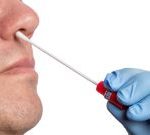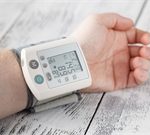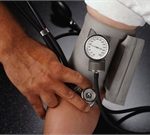
Want to fend off high blood pressure? New research adds to the pile of evidence showing that living healthy can help you avoid hypertension. The study included nearly 3,000 Black and white U.S. adults, aged 45 and older, who didn’t have high blood pressure at the start of the study. The participants’ heart health was assessed with the American Heart Association’s Life’s Simple 7 tool, which measures seven risk factors: body mass index, diet, smoking, physical activity, blood pressure, cholesterol and blood sugar levels. A score of 10 to 14 is ideal; 5 to 9 is average, and 0 to 4 is poor. The median score among the participants was 9. Over about nine years of follow-up, 42% of participants developed high blood pressure. The rates among Black adults were 52% in women and 50% in men. Among white adults the rates were 37% in women and 42% in men. Each 1-point higher score was associated with a 6% lower risk of high blood pressure, without significant difference by race or sex, according to the study published Sept. 15 in the Journal of the American Heart Association. “High blood pressure is among the most common conditions in the U.S., and it contributes to the greatest burden of disability and largest reduction in healthy life expectancy among any disease,” said lead author Dr. Timothy Plante, an… read on >





























-300x200.jpg)







-300x169.jpg)
